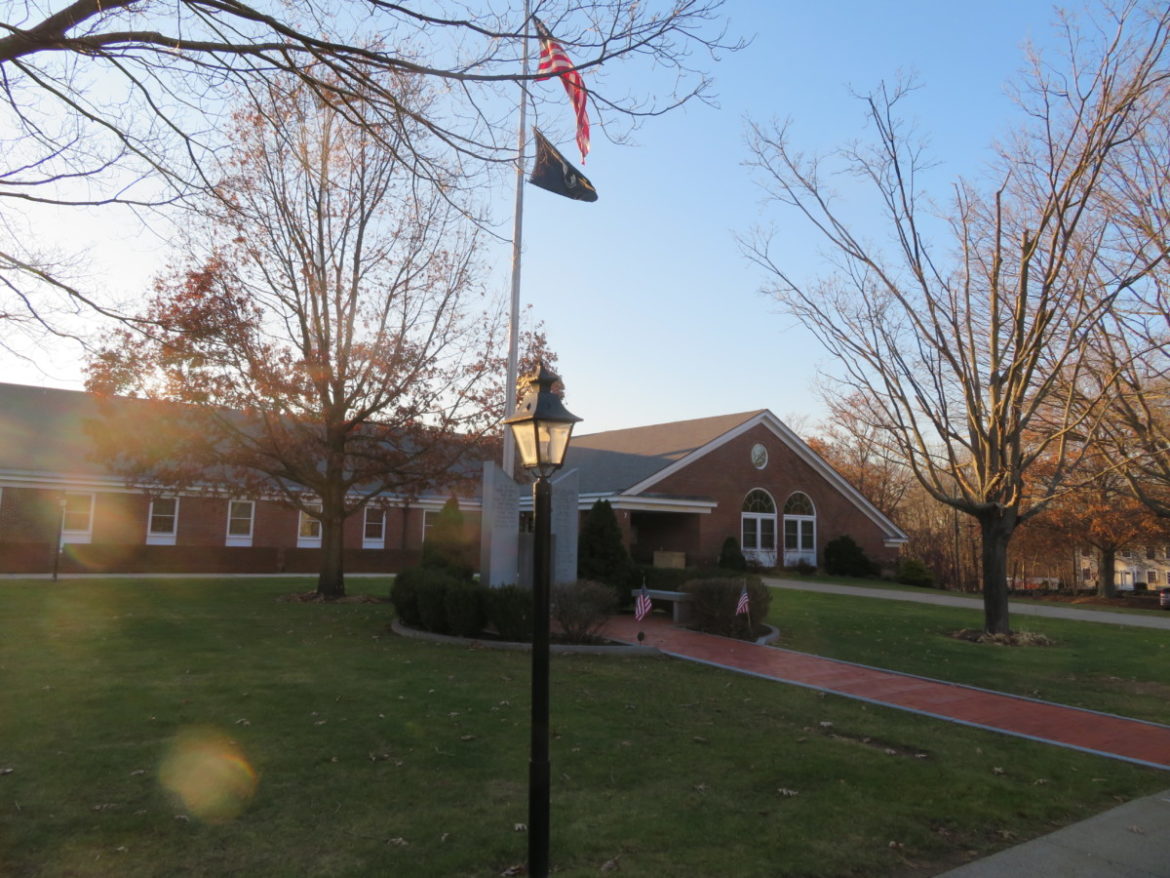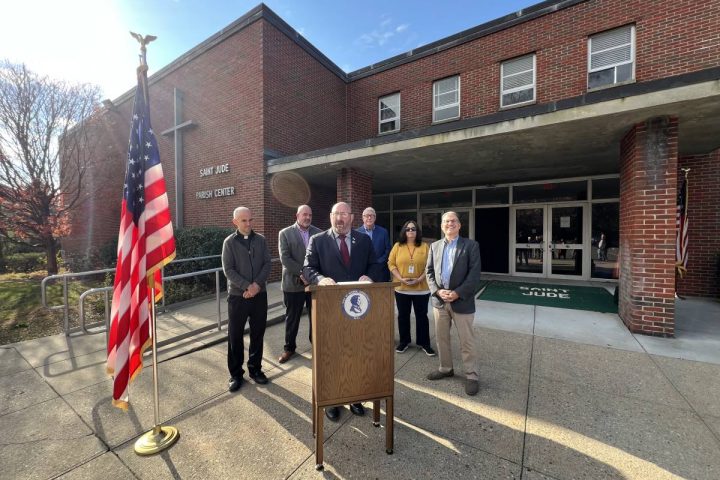MONROE, CT — Board of Finance members unanimously approved a $90 million town budget with a 0.29 percent cut to the rate of taxation during a meeting held via conference call Tuesday night.
Amid an economic downturn caused by the coronavirus pandemic, which spurred First Selectman Ken Kellogg’s request not to raise taxes, the board set the mill rate used to calculate individual tax bills to 35.48 mills.
“We are probably not done,” Chairman Michael Manjos said after the 5 to 0 vote.
A school year that ended with distance learning due to the Covid-19 pandemic, leaves many unanswered questions for next year, so Manjos said changes could be made to the Board of Education’s funding during the next fiscal year.
“Once we know what schools will look like in the fall, I’m sure we’ll be hearing from the Board of Eduction over what their needs are,” he said.
Executive orders by Gov. Ned Lamont took away Monroe’s budget referendum this year, leaving it up to a town’s “budget making authority” to approve budgets, while avoiding gatherings of voters during the pandemic. Monroe’s authority is the Board of Finance.
To avoid raising taxes without eliminating jobs and services, the board dipped into the undesignated fund balance to use $8 million, used another $500,000 from a designated fund balance and asked unions for teachers and town employees to forgo raises for one year.
In addition to offsetting spending increase, use of the undesignated fund balance is meant to make up for lost revenue expected from those who lost their jobs not being able to pay their taxes. Town officials agree this one time fix will ensure a significant tax increase next year.
The 2020-21 budget assumes the unions will agree to forgo raises for one year, but that has yet to happen.
“We’re thankful teachers and the superintendent are having positive conversations,” Manjos said of the teacher’s union. “It is encouraging.”
If teachers do not agree to forgo $1,038,898 worth of raises, the Board of Education will have to make some difficult decisions.
Acting Superintendent of Schools Joseph Kobza shared a list of reductions with the school board Monday night, which includes things like cutting four reading teachers, a music teacher, a full-time equivalent library media specialist, raising athletic surcharges at Masuk and eliminating its culinary program.
Steve Kirsch, a finance board member, said there are some painful things on that list. “Let’s hope the talks bear fruit,” he said.
“That’s what we’re all hoping for,” Manjos agreed.
The $58.5 million budget for Monroe’s public schools represents a 2.19 percent spending increase over the current budget, but it is far from the 5.7 percent increase Superintendent of Schools Jack Zamary requested at the beginning of the process.
Before the education budget made it to the Board of Finance, the Board of Education cut the proposal by $500,000 and Kellogg cut it by another $500,000.
Board of Education Chairwoman Donna Lane said her board will decide on the $1 million of reductions at a meeting on June 22, as well as any cuts to make up for what’s left of the $1,038,898 worth of raises after negotiations.
The finance board also hopes to save another $451,817 from town employees forgoing raises for a year.
On Wednesday, First Selectman Ken Kellogg said he is planning to present a tentative agreement with the Clerical Union to the Town Council for approval on Monday, leaving three more unions pending.
The $90 million town budget has a 2.49 percent spending increase over the current $87,852,877. It includes $31.5 million for municipal services, which is a 0.27 percent increase.
The Board of Finance also passed a $13.8 million capital budget. Manjos said the only things the town plans to move forward on is the purchase of new Chromebooks to replace old ones in Monroe’s schools, a new lab for Masuk High School and new breathing apparatus for firefighters.
The new 35.48 mill rate represents a 0.29 percent decrease from the current 35.58 mill rate.
Last words
Though there was no budget referendum this year, the town encouraged public input through live public hearings by phone and written comments submitted through the town website and read into the record.
Participation was high throughout the process, with many residents pleading with officials not to raise their taxes during difficult economic times and a strong showing of parents and educators asking the Board of Finance not to cut funding for Monroe’s schools.
That participation slowed on Tuesday, the night of the final vote. No callers participated in a live hearing, but three residents’ written comments were read into the record.
Cynthia Gallo, of Kettle Creek Lane, a longtime educator whose three daughters attended Monroe public schools, asked board members to be “extremely mindful” when making decisions leading to cuts in education funding.
“We moved to Monroe to raise our children in this wonderful community with a reputation of an excellent school system and we couldn’t have been more pleased,” she wrote. “I am extremely proud of the efforts, perseverance, transparency and high academic standards that Monroe teachers and school officials have continued to maintain through this tragic time. As a result of this pandemic, our children are going to need us to increase our investment in them now more than ever.”
Dianna McCaffrey, of Williamsburg Drive, said, like many families, hers moved to Monroe for its “stellar school system.” Instead of cutting costs, she asked town officials to strive to find ways to earn more income.
Julia Mathien, of Old Mine Lane, listed Monroe’s excellent school system among the top reasons her family moved here from Trumbull.
“It would be a shame to see that school system start to slump,” she said, “and you can bet that families like ours will consider relocation. We pay a premium in taxes to live here, families expect a return on that investment. Here’s hoping that that education budget will allow Monroe to continue to maintain the excellence in education that I know brought many of us to this town.”









